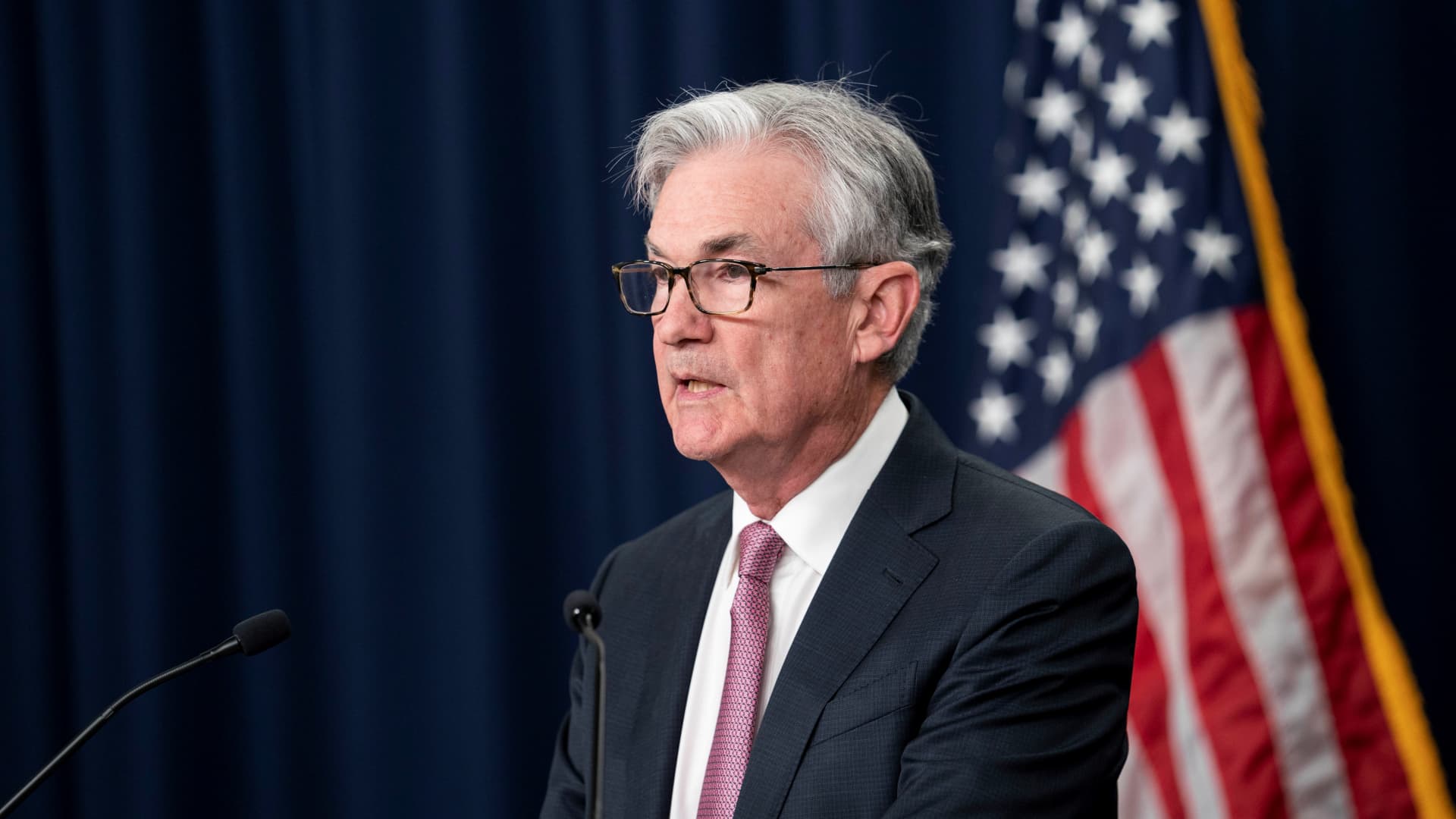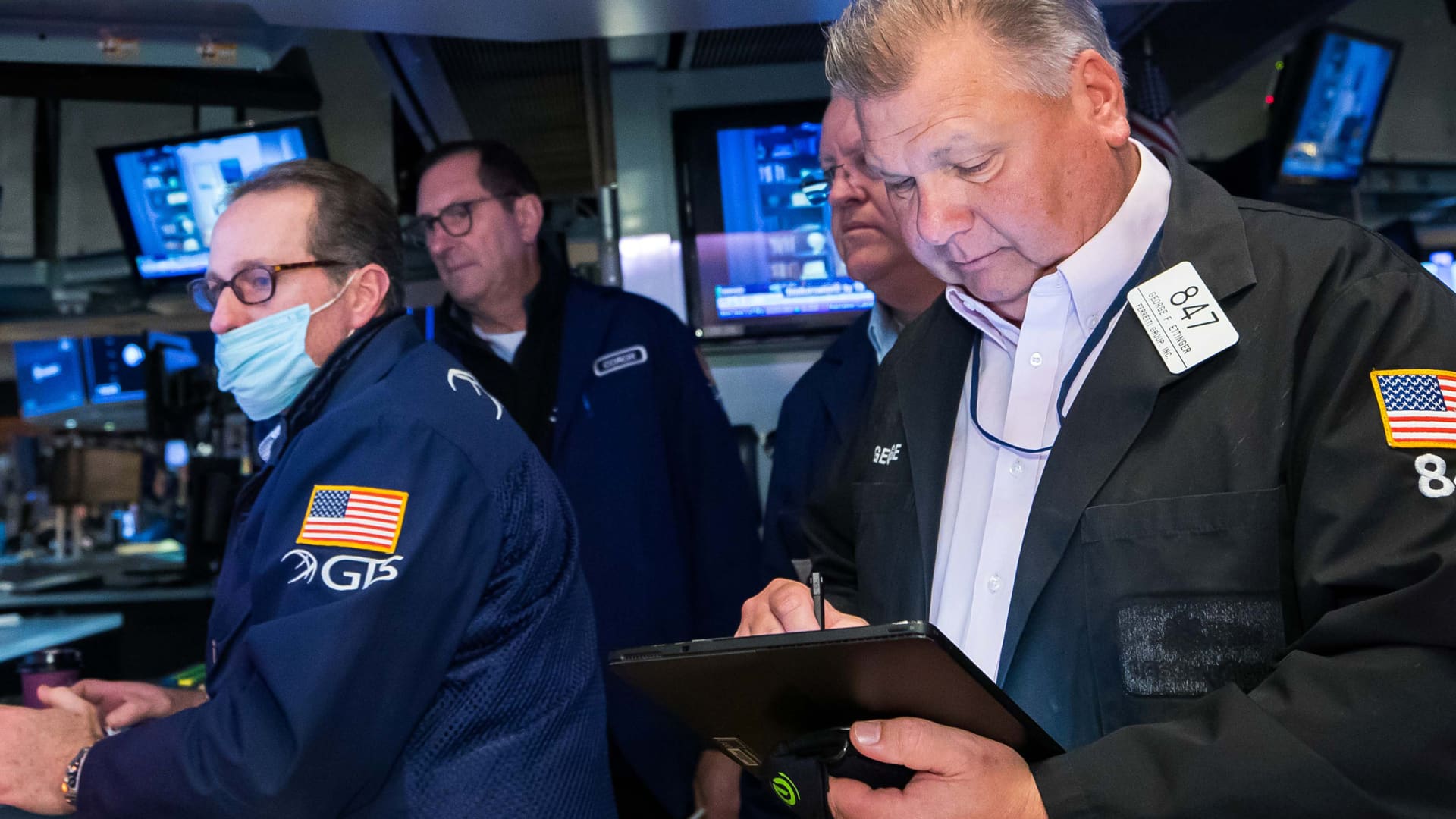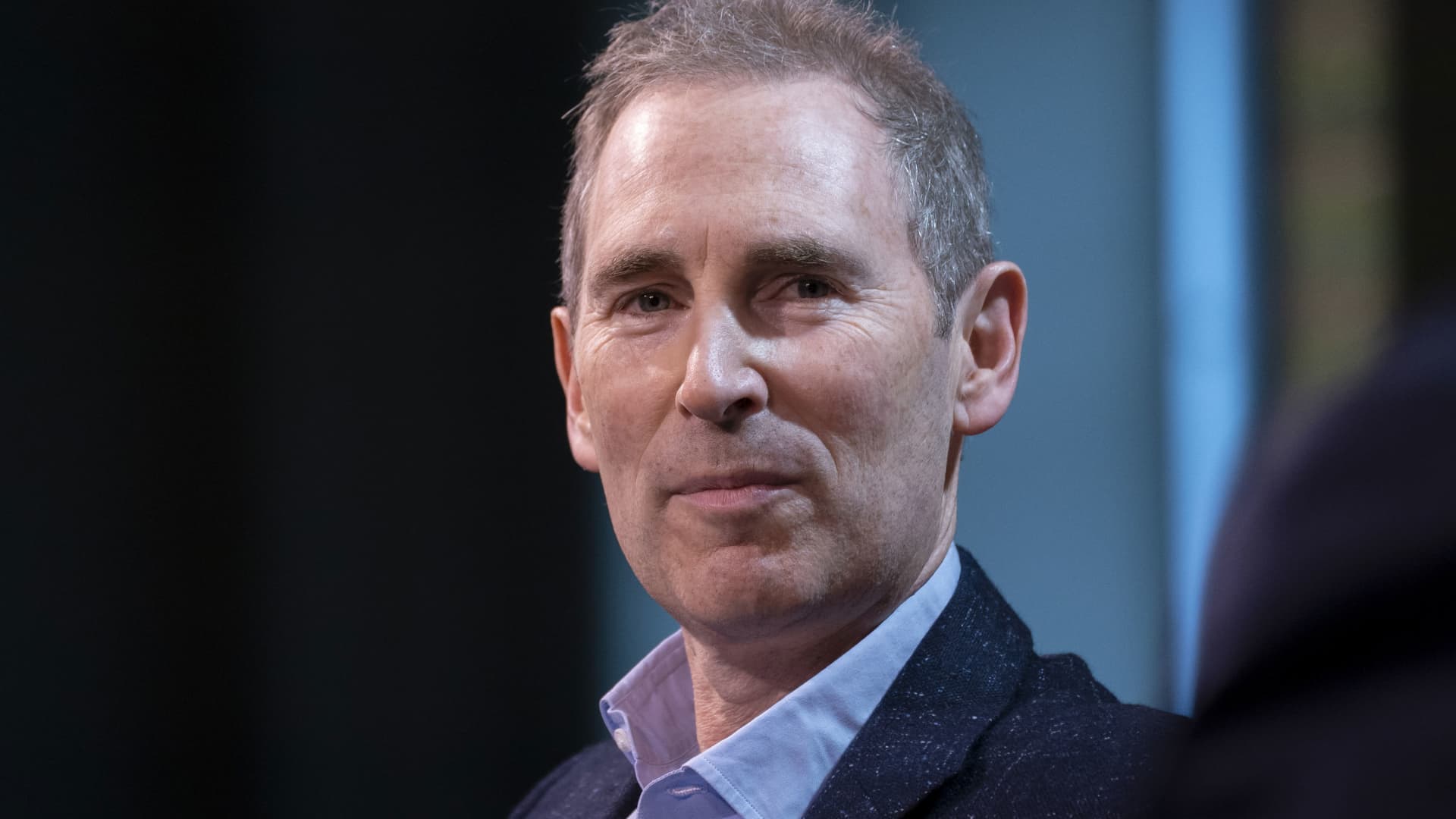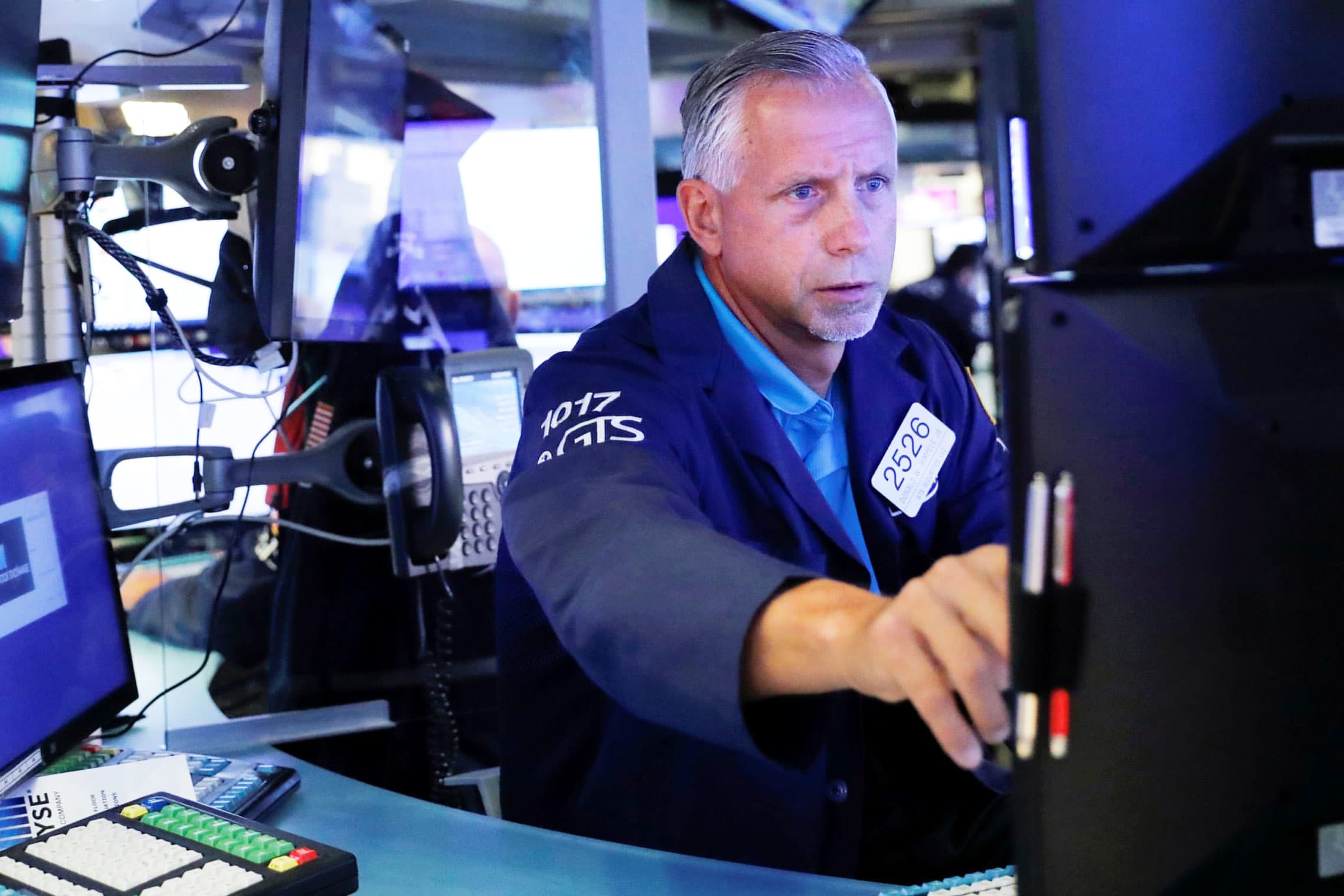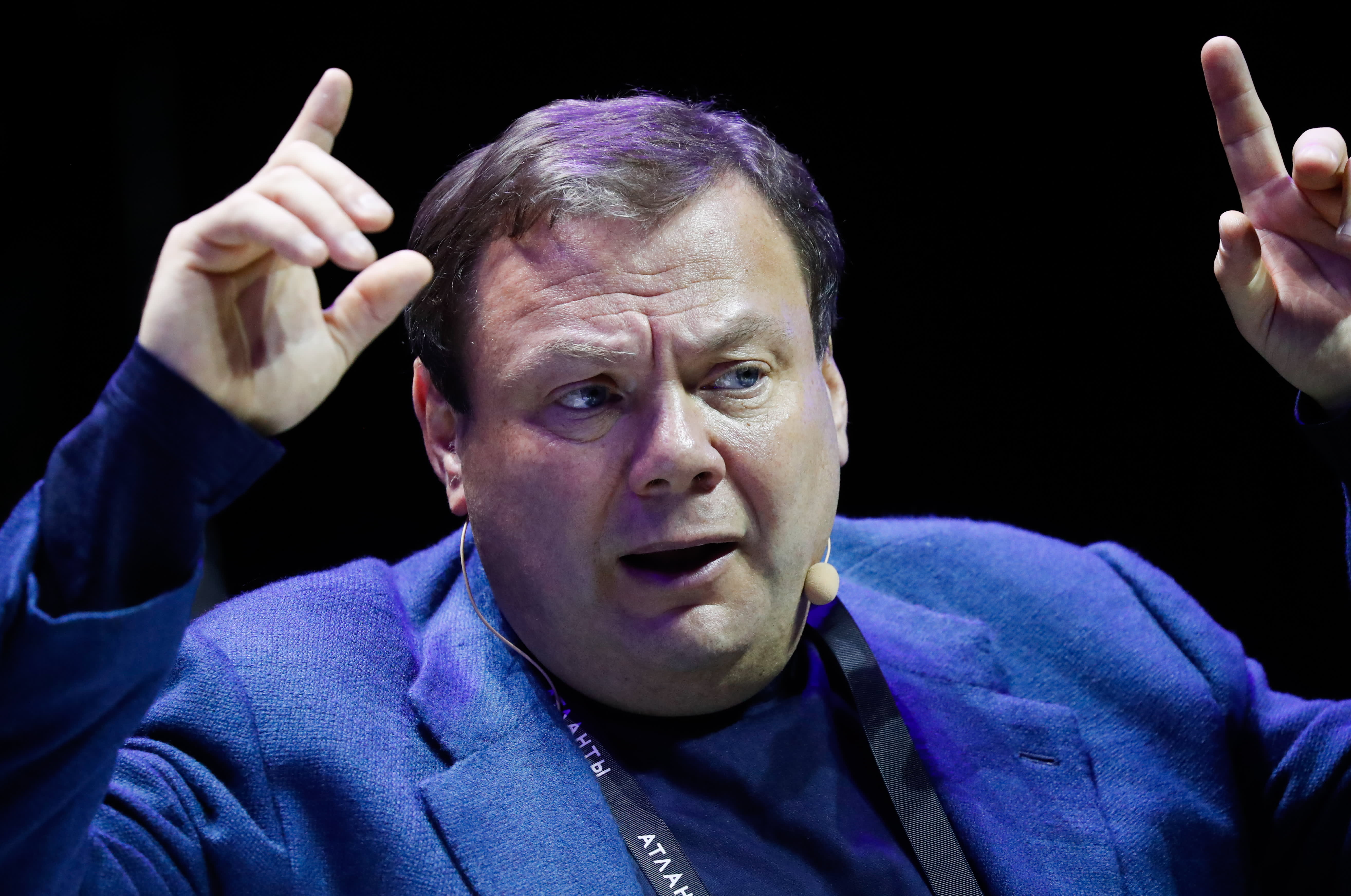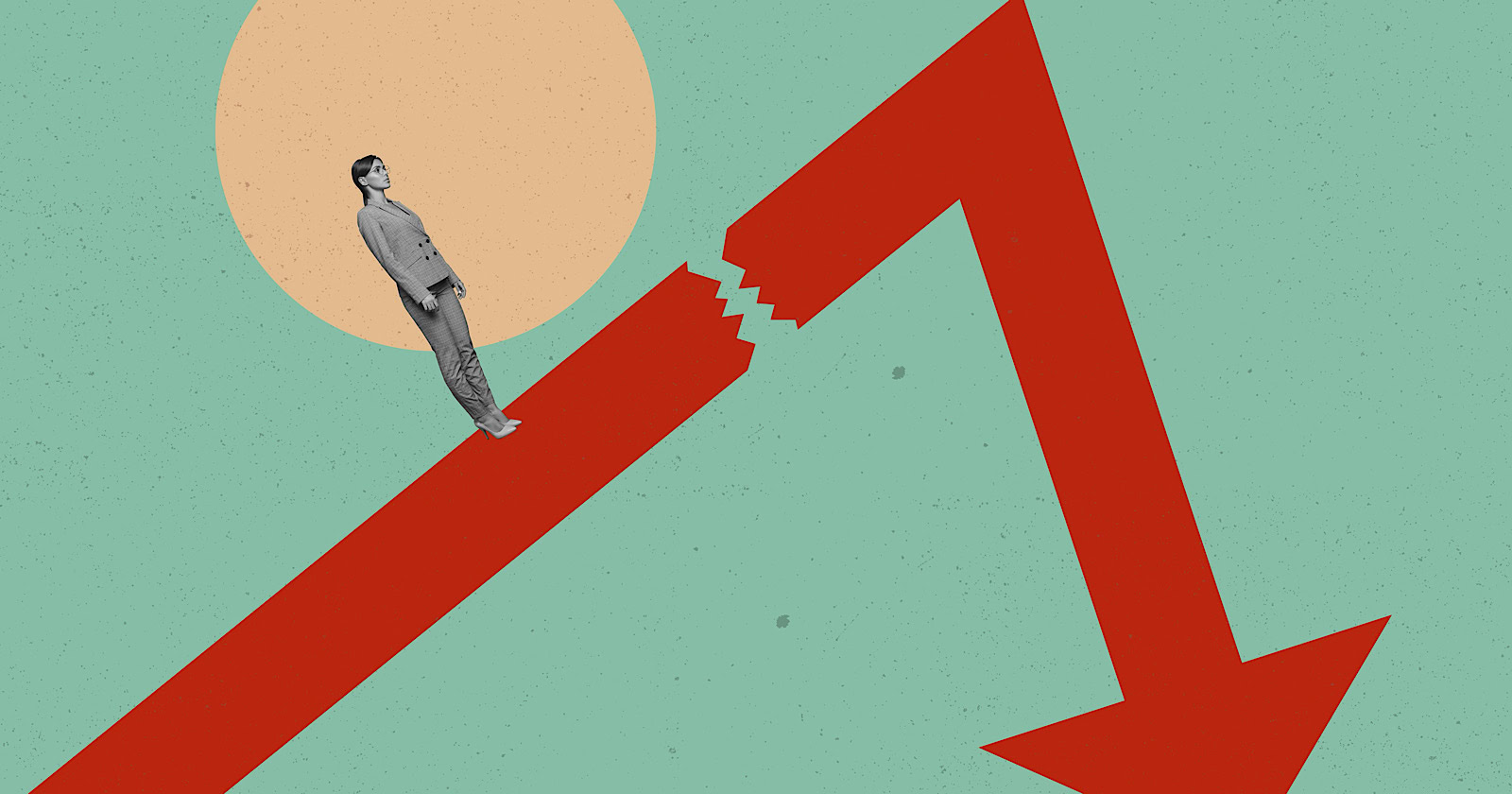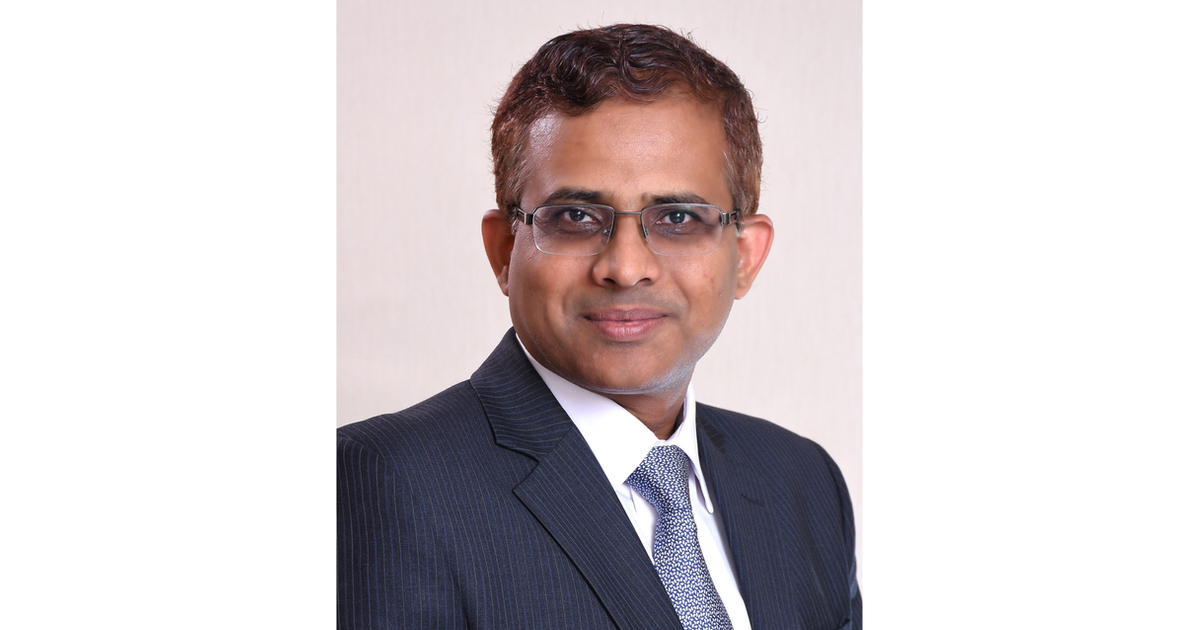Ukraine war is a key test in how the world responds to abuse of power, ex-UK foreign minister says
The Russia-Ukraine war will be pivotal in how the world responds to the "growth of impunity," said David Miliband, former British foreign secretary.
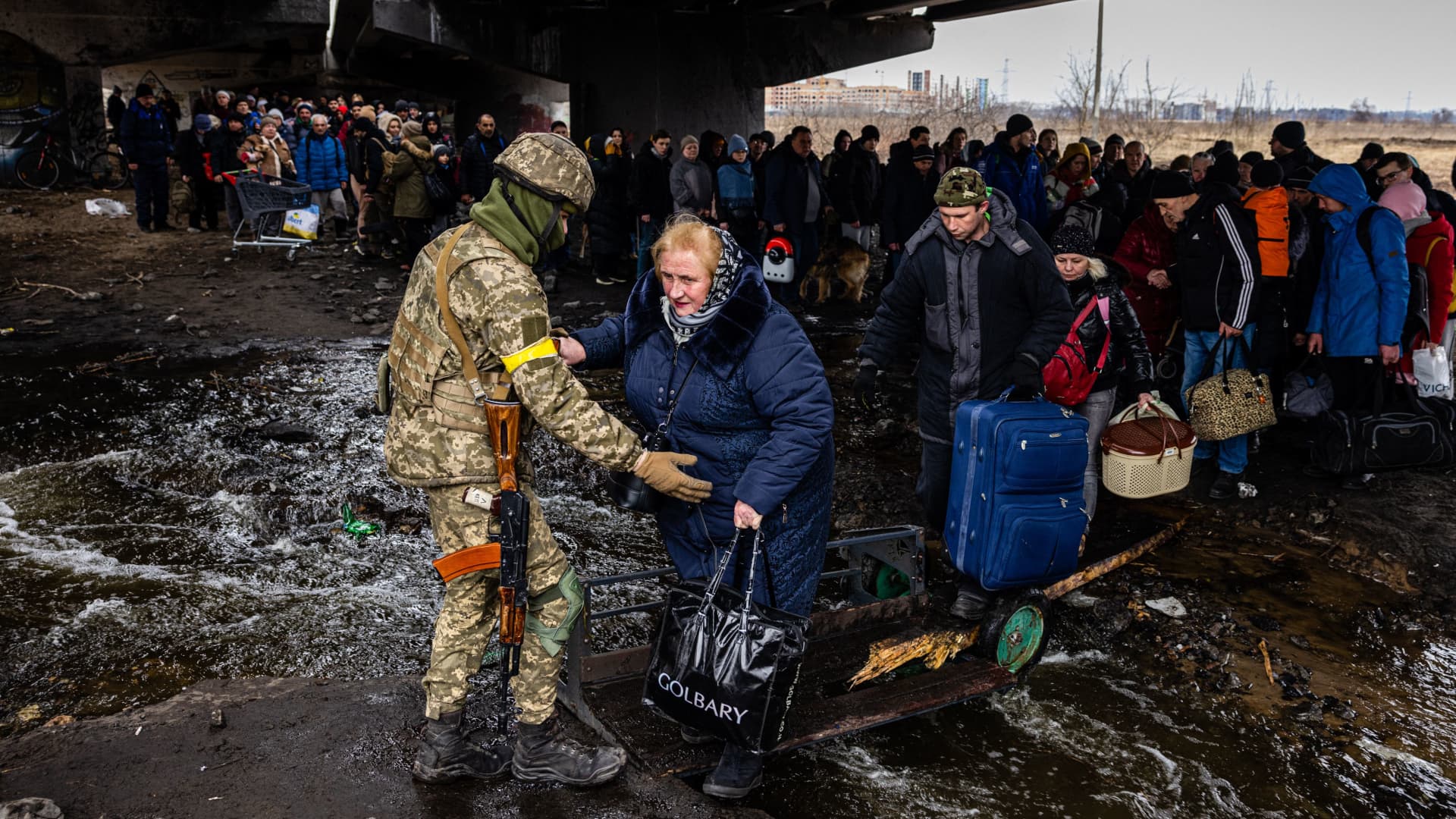
The Russia-Ukraine war will have "pivotal consequence" in how the world responds to the "growth of impunity," said David Miliband, president and CEO of the International Rescue Committee, a humanitarian aid agency.
Miliband, who was Britain's foreign secretary from 2007 to 2010, said Ukraine President Volodymyr Zelenskyy's impassioned speech to the U.N. Security Council on April 5 had called for a "refounding of the United Nations."
"I think that this will be a war that has pivotal consequence. Because either there will be continued looking the other way in the face of this growth of impunity around the world, or there will be a determination to address it," he said.
Miliband has backed previous calls for the five permanent members of the Security Council to give up their veto power on resolutions regarding mass atrocities.
"At the moment, only France supports that position. Neither the U.K. nor the U.S., nor Russia, nor China support that position. So, this is a challenging agenda for all of the so-called great powers, but there's nothing great about some of what they do," he said.
'Failures of diplomacy'
He told CNBC that there are about 275 million people in 20 countries in need of humanitarian support because of the "failures of diplomacy" and "decline of respect for the rule of law in the conduct of war."
"What we're seeing in the international system at the moment, is the rise of impunity, the abuse of power, where those with power do what they will and the rest of us have to put up with what's left, and that's a very dangerous situation. We're seeing that in multiple war zones around the world," he said.
"And the lesson of Ukraine is that in the end it consumes us all, and it needs to be pushed back. It needs a countervailing power of a very significant kind, and that needs to be global, and it can't just be governmental, it needs to be about the private sector and citizens as well."
A Ukrainian serviceman helps evacuees gathered under a destroyed bridge, as they flee the city of Irpin, northwest of Kyiv, on March 7, 2022.
Dimitar Dilkoff | AFP | Getty Images
Miliband said the IRC is appealing for support on behalf of all those in humanitarian need around the world, including in Afghanistan, Yemen, Syria and Ethiopia.
"There are dangers that the aid supplies, that the political bandwidth all switches to Ukraine for understandable reasons, but then gives license for continued abuse elsewhere," he said.
Miliband was speaking on Thursday from New York, where he has led the IRC since 2013.
When asked about recent images of atrocities that Russian troops committed against Ukrainian civilians, Miliband described them as "shocking" and an "appalling abuse of the rights of civilians."
Russia denies targeting civilians despite well-documented evidence to the contrary.
"There are not just towns under occupation, cities under occupations, but there are cities under strangulation. There remain over 100,000 people in Mariupol, in the southeast of the country, who've been denied food, heat, water, medicines for over six weeks now," he said.
"And so, this is [a] clear violation of the laws of war and a central challenge to the international legal system and regime."
Miliband said those besieged in Ukraine need health care and "cash support because their economy's collapsed." He also urged support for vulnerable groups such as the elderly, people with disabilities and children.
Call to help refugees
The IRC is also helping to support the 4.3 million refugees who have fled Ukraine across the border into Europe since the start of the war.
He said it has been working with local authorities in countries such as Poland — which has so far accepted over 2.5 million refugees.
He pointed out that countries like Poland had received funds from the European Union to help Ukraine refugees. However, it's a "much tougher situation" for some countries with much less infrastructure and support, such as Moldova, which is not a member of the EU and has seen over 400,000 refugees flee Ukraine into the country.
Miliband also said it's important that the pledge by U.S. President Joe Biden to welcome up to 100,000 refugees to the country is followed up by a system to deliver it.
Putin's endgame
The former U.K. foreign secretary also told CNBC that he fears the conflict would go on for "quite a long time."
He said Russia President Vladimir Putin's endgame may be about "the glory of Mother Russia."
"There are two very significant aspects of the impetus, I think, for his decision-making at the moment. One, there's a very deep sense of victimhood, victimhood for what he perceives to be a great power that's been laid low by the mistreatment of others. And second, there's a high degree of contempt for liberal societies," he said.
"And so those two things, victimhood on the one hand, a sense of contempt on the other, have fed into this idea that the way to build a great Mother Russia again, is a reuniting of Russia and Ukraine, in defiance of all historical parallels and historical records, and in that sense, his endgame was might makes right."

 MikeTyes
MikeTyes 







